A growing chorus of Democrats are calling for investigations into allegations of insider trading and market manipulation by White House officials, Republican members of Congress, and friends of the Trump administration. The allegations—which stem from the sudden rise in equity values following President Donald Trump’s announcement of a 90-day tariff pause last week—come from prominent administration critics like Sen. Elizabeth Warren, Rep. Alexandria Ocasio-Cortez, and Senate Minority Leader Chuck Schumer.
Over the last two weeks, U.S. equity markets have experienced some of the largest single-day drops and rises in recent history, taking stock values on a volatile ride as investors try to make sense of the White House’s embrace of global tariffs. In the six days after Trump’s April 2 “Liberation Day” tariff announcement, the S&P 500 fell more than 12 percent—one of its largest sell-offs since World War II. On April 9, however, the White House’s announcement that it would pause some tariffs for 90 days sent the markets surging upward, with the S&P 500 rising nearly 10 percent.
While the pause helped markets claw back a substantial portion of the losses they had suffered over the preceding week, the sharp rise in equity prices also highlighted the timing of a statement made by Trump earlier in the day. “THIS IS A GREAT TIME TO BUY!!! DJT,” Trump posted on Truth Social only four hours before the administration announced its pause on tariffs. Critics quickly questioned whether the post had been intended to encourage Trump’s millions of followers to buy into the market before equity prices jumped later in the day, earning them a sizable profit in the process.
Other critics speculated that a smaller group of people close to the president may have been privy to knowledge of what was to come. “Who in the administration knew about Trump’s latest tariff flip flop ahead of time?” Democratic Sen. Adam Schiff wrote on X. “Did anyone buy or sell stocks, and profit at the public’s expense?”
In the days after the announcement, reports also emerged that a suspiciously high number of call options—a financial derivative that gives the buyer the right to purchase the underlying asset at a particular price—had been purchased prior to the announcement. The options’ quick appreciation led to substantial profit for their owners, suggesting that the buyers may have had insider information about the pause before it was announced publicly.
In a press conference last week, Democratic House Minority Leader Hakeem Jeffries said that Democrats would be “aggressively demanding answers and transparency” about any stock purchases made by members of Congress close to the tariff announcement: “We need to get to the bottom of the possible stock manipulation that is unfolding before the American people, including what, if any, advance knowledge did members of the House Republican Conference have of Trump’s decision to pause the reckless tariffs that he put into place?”
What is insider trading?
Insider trading, while not formally defined in federal law, is prohibited by Section 10b of the Securities and Exchange Act of 1934’s ban on employing “manipulative and deceptive devices” in connection with the purchase or sale of any security. The act—and the decades of case law that have evolved from it—broadly restricts individuals from making trades on the basis of material, nonpublic information.
For information to be considered material, there must be a substantial likelihood that it would influence a reasonable investor to make a trading decision—information like a company’s earnings, the imminent launch of a new product, or an upcoming regulatory approval. That information is considered nonpublic if it has not yet been disseminated broadly to the general market.
For example, an employee who knows that, in a week’s time, his company will announce the acquisition of a rival business, cannot then buy shares of the company based on expectations that the stock price will rise. Likewise, that employee cannot pass the information along to a friend or family member who then uses it to make trading decisions. Non-company actors who have access to insider information, like the business’ auditor or a third-party contractor, are similarly barred from making trading decisions based on their knowledge.
Insider trading in government.
Insider trading prohibitions extend just as much to politicians in Washington as they do to bankers on Wall Street.
The most prominent law restricting insider trading by government officials is the STOCK Act, passed in 2012 and signed by President Barack Obama, that explicitly prohibits the use of nonpublic information by government employees for personal financial gain. While courts broadly recognized this prohibition prior to the STOCK Act’s passage, the bill reinforced that officials were not exempt from insider trading laws and introduced a requirement that government employees disclose certain financial transactions.
“Even before the STOCK Act was passed in 2012, federal officials could not trade stocks based on confidential information that they learned through their jobs—that’s always been the law,” Kedric Payne, vice president, general counsel, and senior director of ethics at the Campaign Legal Center, told The Dispatch.
Under the STOCK Act, members of Congress, congressional employees, and a long list of other government officials—including the president, vice president, and executive branch employees—also must file disclosure reports within 45 days of a transaction or 30 days of being notified of the transaction, whichever comes first. “The idea is that, if the public knows about the trade within 45 days, that would probably discourage members of Congress from making trades they think would appear to be a problem,” Payne said.
Rep. Marjorie Taylor Greene, for example, has already disclosed more than 20 trades made on the day before and day of Trump’s tariff pause announcement. There is no evidence yet that the trades were made with foreknowledge of the pause, and Greene has previously said that her investments are managed independently by a financial adviser.
Public employees are also prohibited more generally from using their public office for personal gain, according to guidance from the Office of Government Ethics. “Outside of securities laws that ban insider trading, there is a standard government rule that applies across federal, state, and local government where you cannot use your official position for private gain,” Payne said. “It’s always been understood that if you use information you gain as an official to trade a stock, that’s going to be a clear violation of that core rule to government ethics.” Title 18, Section 208 of the U.S. Code similarly prohibits federal employees from participating in official matters that will directly affect their or their family’s financial interests.
The tariff pause.
While Trump’s Truth Social post raised eyebrows, experts point out that it’s not an example of insider trading.
“If the totality of it is just Trump sending a tweet, and a couple hours later saying ‘I’m pausing [the tariffs],’ there is nothing there that he has violated. Trump himself has not violated any statute,” Nejat Seyhun, a professor of finance at the University of Michigan and expert in insider trading, told The Dispatch.
“I don’t know any reason why Donald Trump’s statement that he thought this was a great time to buy stock would be a violation of the insider trading laws,” John Coffee, a professor at Columbia University and expert in securities law, echoed. “This was a communication made to the whole world, not particularly aimed at traders, and probably had political justifications greater than the economic ones.”
However, if White House officials, members of Congress, or government employees who knew about the pause in advance of its public announcement traded stocks based on that information, they would be violating prohibitions on insider trading. “If Trump discussed it with some aides, and those aides traded on it, the aides would be subject to the STOCK Act. If Trump said, ‘I’m going to do you a favor, I’m giving inside information that I’m going to pause [the tariffs], then Trump himself would be legally liable,” Seyhun said.
Coffee agreed, saying that it’s conceivable that an official with prior knowledge of the tariff pause could have used that information to profit off the resulting market movement—though there is not yet any evidence of any such trading having taken place. “If you could identify a White House official trading heavily before either [Trump’s] statement was made or the pause was known, that’s a different story.”
Who enforces?
As of now, there is no clear evidence that insiders used knowledge of the tariff pause to profit in the stock market. It is rare to find direct evidence of insider trading, and suspicious activity is often circumstantial. “Bottom line, volumes and volatility were huge, so I’m unable to determine whether any of the many well-timed purchases were fortuitous normal trades or something nefarious,” Steve Sosnick, chief strategist at Interactive Brokers, told Reuters last week of trades that profited from the tariff pause.
The Securities and Exchange Commission and the Financial Industry Regulatory Authority—a private nonprofit organization that regulates the U.S. brokerage industry—closely monitor trading activity surrounding significant market events, and they would be largely responsible for investigating claims of insider trading in the broader market. State enforcement agencies can also initiate investigations. On Monday, New York Attorney General Letitia James announced that her office was in the early stages of reviewing insider trading claims, but that a full investigation was not underway.
Any members of the executive branch or Congress who personally made trades during the tariff-related volatility will, in adherence with the STOCK Act, have to report those trades within 30 days. Suspicious activity would then be investigated by the branch’s respective ethics officials—the Office of Government Ethics or the Office of Congressional Ethics.
Payne, of the Campaign Legal Center, explained that ethics officials who suspect irregularities would refer their findings to the inspector general, who would then escalate them to the Department of Justice’s Public Integrity Unit if necessary.
In March, the Associated Press reported that the Public Integrity Unit, which investigates crimes related to government ethics like bribery and election fraud, was being reduced in size, and that its ongoing cases would be moved to U.S. attorneys’ offices. The unit’s leadership had already shrunk substantially in February after five of its top officials resigned after being asked to drop corruption charges against New York City Mayor Eric Adams.
“The Public Integrity Unit is barely functioning, if functioning at all, in the Department of Justice,” Payne said. “So right now, in this current administration, there’s no clear enforcement mechanism for a person engaged in insider trading.”
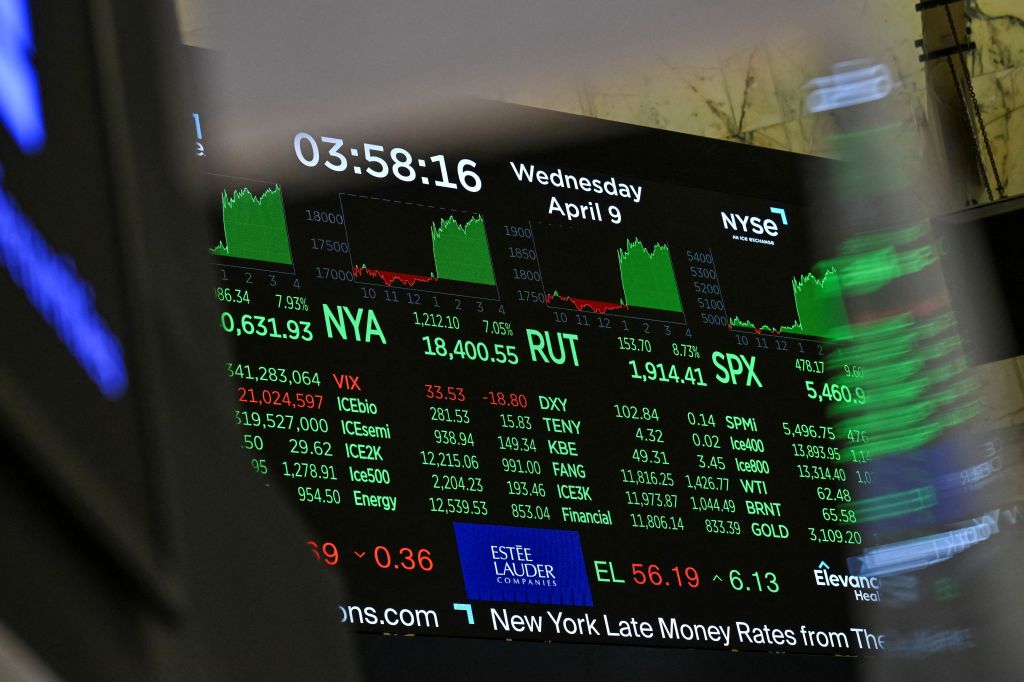


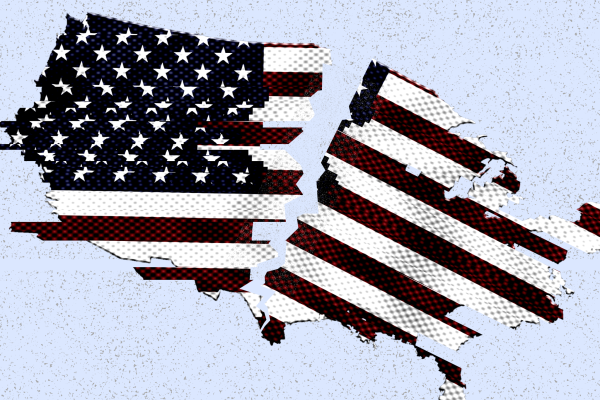
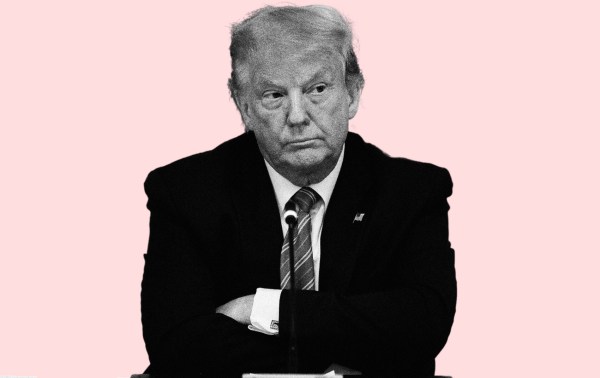
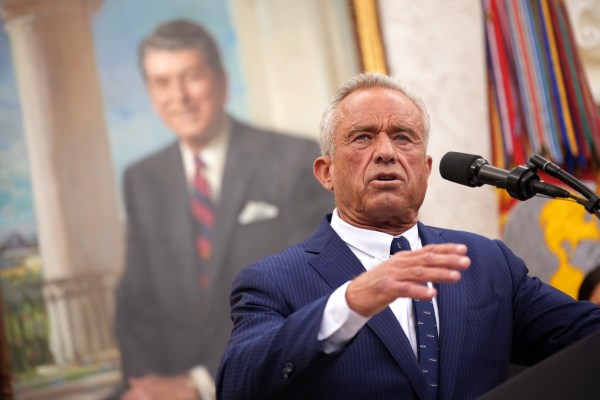

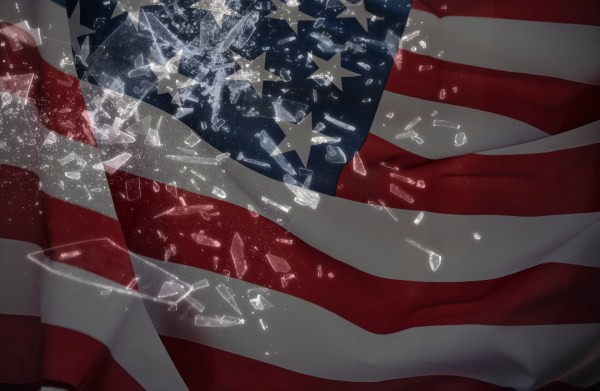
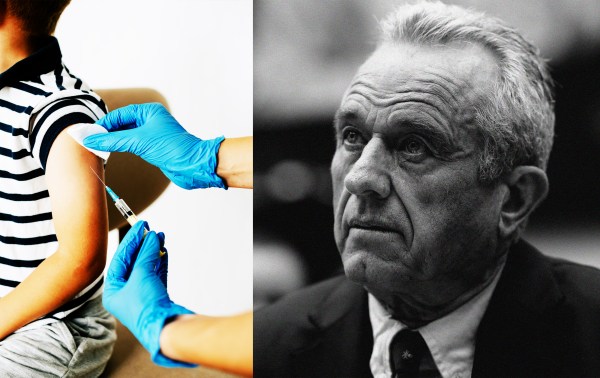

Please note that we at The Dispatch hold ourselves, our work, and our commenters to a higher standard than other places on the internet. We welcome comments that foster genuine debate or discussion—including comments critical of us or our work—but responses that include ad hominem attacks on fellow Dispatch members or are intended to stoke fear and anger may be moderated.
With your membership, you only have the ability to comment on The Morning Dispatch articles. Consider upgrading to join the conversation everywhere.